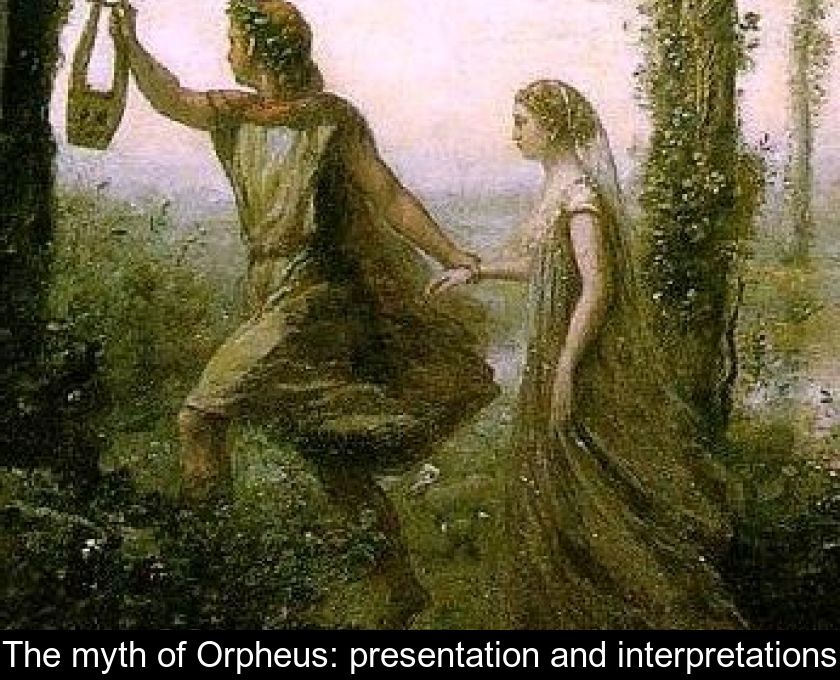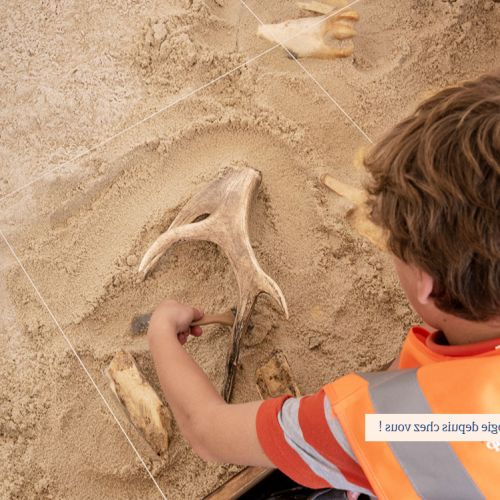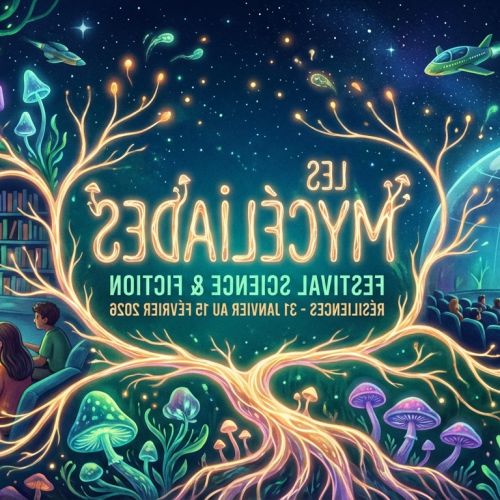The Myth Of Orpheus: Presentation And Interpretations
The myth of Orpheus, as told by Ovid in his Metamorphoses, has inspired many artists and has been the subject of many interpretations. Here is a presentation of this legendary hero who embodies the power of song and poetry.
Who was Orpheus?
Orpheus is a legendary hero of Greek mythology.
The son of the Thracian king Œager and the muse Calliope, he is said to have received a traditional seven-stringed lyre from the god Apollo and added two strings to it as a tribute to the nine Muses.
In the myths, he is represented above all as an aède, that is, a poet, who knew by the accents of his lyre how to charm wild animals and move inanimate beings.
Greek mythology reports, among other things, that he took part in the expedition of the Argonauts and succeeded in diverting the Sirens with his song.
On his return to Thrace, he married Eurydice (a dryad), but she was bitten on the calf by a snake on their wedding day.
Orpheus and Eurydice: the myth of the descent into Hell
While little is known about Orpheus participating in the quest for the Golden Fleece, more is known about the myth of Orpheus and Eurydice.
With his wife Eurydice stricken to death on their wedding day, Orpheus decided to descend to the underworld to bend Hades (or Pluto in Roman mythology).
After putting Cerberus, the monstrous three-headed dog guarding the entrance, and the terrible Eumenides to sleep with his music, he charmed the God of the Underworld into releasing Eurydice.
Hades let him go back with his beloved on condition that he did not turn around or talk to her until they had both returned to the world of the living.
But when Orpheus left the Underworld, he could not help but look back at Eurydice and lost his beloved for good.
The inconsolable hero was finally torn to pieces and thrown into the river Hebros by the Bacchae (which recalls the fate of Osiris, another legendary figure from Egypt).
How to interpret the myth of Orpheus?
The myth of Orpheus illustrates the bewitching power of song and poetry.
This poet-musician character, who can be likened to King David in the Bible, has moreover served as a reference for modern-day poets.
He inspired Apollinaire in particular, who dedicated a poem to him in 1908.
Many works have been inspired by the myth of Orpheus as presented in Ovid's Metamorphoses (Book X):
- Orfeo, Claudio Monteverdi's opera (1607)
- Orfeo ed Euridice (1762), then Orpheus and Eurydice (1774), an opera by Christoph Willibald Gluck
- Orpheus in the Underworld (1858-1874), opéra-bouffe by Jacques Offenbach
- The Descent of Orpheus, the play by Tennessee Williams (1957)
- Orpheus (1949) and Testament of Orpheus (1959), two films by Jean cocteau
- Orfeu Negro (1959), a film by Marcel Camus.
To learn more about this myth, you can also visit the site below.









